Frozen pizzas have long been a staple in many households, offering convenience and a quick meal solution. However, not all frozen pizzas have been safe to eat. In recent years, there have been several recalls due to various safety concerns. From unexpected foreign objects to undeclared allergens, these recalls have caused considerable alarm among consumers. In this article, we explore 17 notable frozen pizza recalls that have caused quite a stir.
DiGiorno Crispy Pan Pepperoni Pizza – Glass Contamination
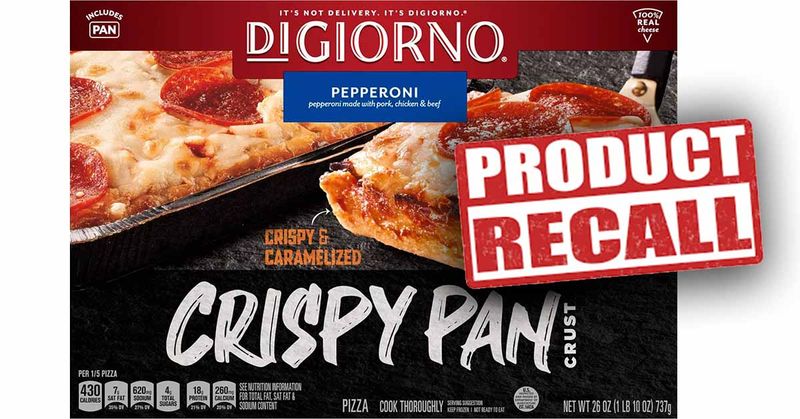
DiGiorno Crispy Pan Pepperoni Pizza was recalled due to potential glass contamination. The shards were embedded within the crust, posing a serious hazard to consumers. This recall left many fans of the brand wary and inspecting their pizzas with caution. Reports of injuries were minimal, but the scare was enough to impact sales significantly.
Totino’s Party Pizza – E. Coli Concerns
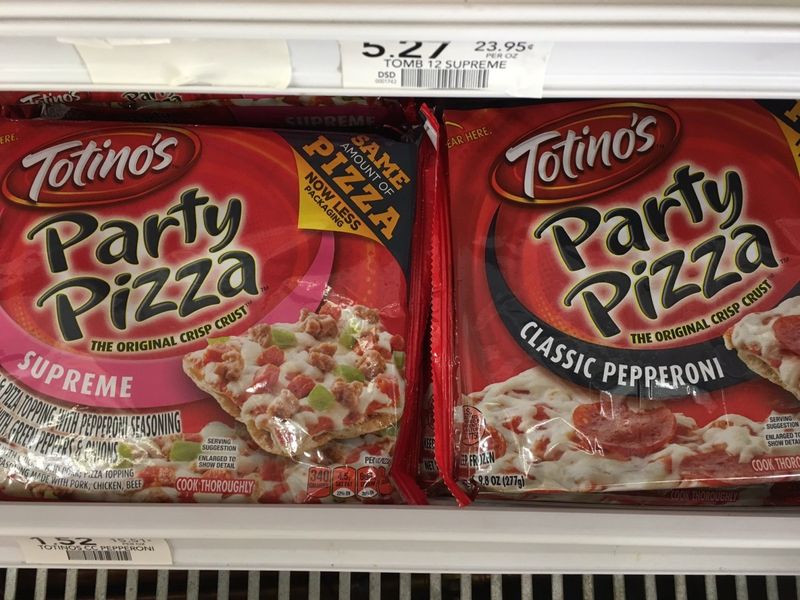
Totino’s Party Pizza faced a recall after E. Coli concerns arose from certain batches. The bacteria was linked to contaminated ingredients used in the production process. Although no illness was reported, the potential risk prompted immediate action. This incident highlighted the importance of stringent quality control in the food industry.
Trader Joe’s Pizza – Undeclared Allergen (Wheat)
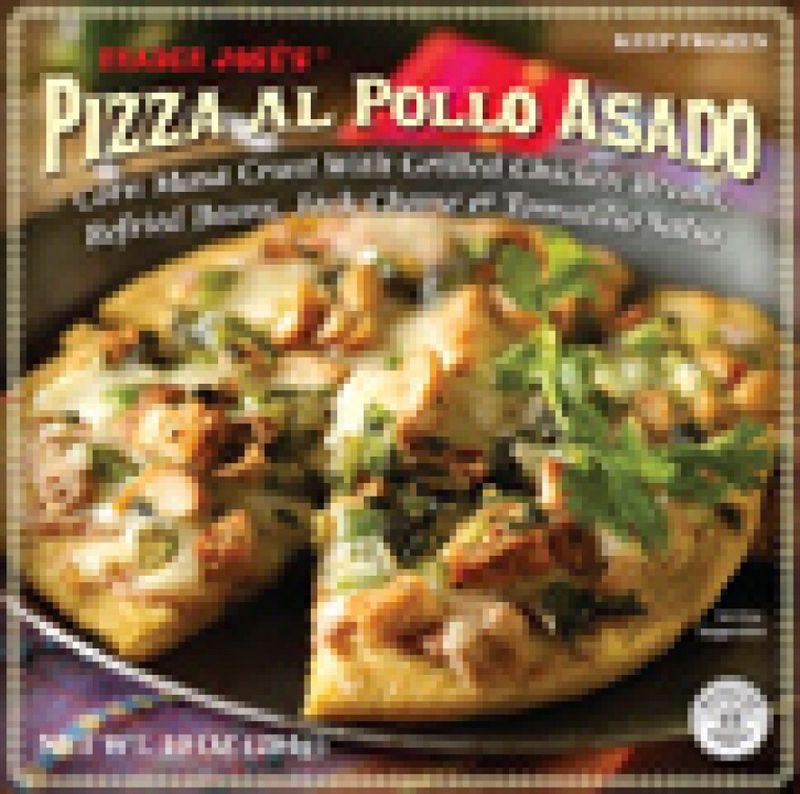
Trader Joe’s Pizza was recalled when it was discovered that wheat, a common allergen, was undeclared. This posed a serious risk for individuals with wheat allergies. The oversight led to increased scrutiny over labeling processes, ensuring allergens are clearly communicated on packaging. Trader Joe’s response was swift, emphasizing their commitment to consumer safety.
Tombstone Pepperoni Pizza – Plastic Pieces
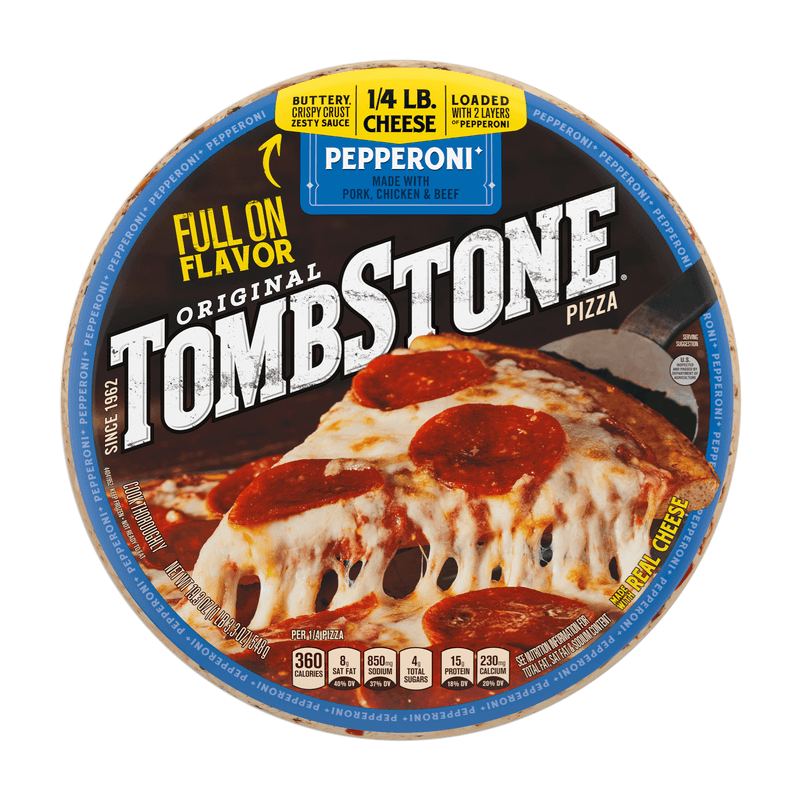
Plastic pieces found in Tombstone Pepperoni Pizza led to an urgent recall. The contamination was traced back to a production line mishap. Consumers were advised to discard affected products immediately. While no injuries were reported, the discovery of plastic fragments caused unease among loyal customers.
Kroger Brand Rising Crust Pizza – Metal Fragments
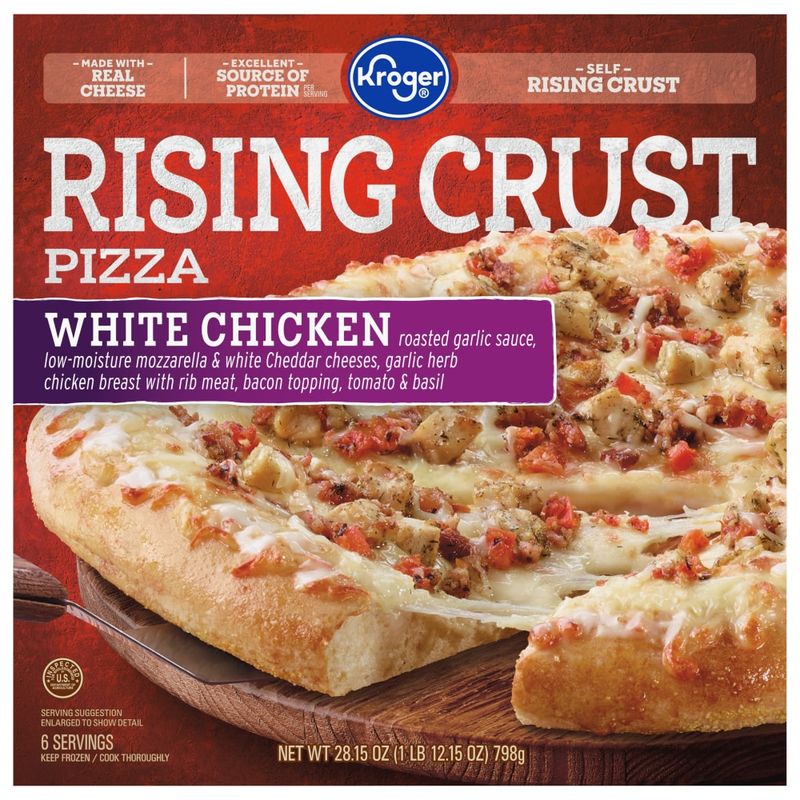
Metal fragments found in Kroger Brand Rising Crust Pizza were a major cause for concern. The recall was initiated after consumers reported finding metal pieces embedded in the crust. This raised significant safety issues, leading to a thorough investigation into their manufacturing processes.
Amy’s Kitchen Vegan Margherita Pizza – Undeclared Milk
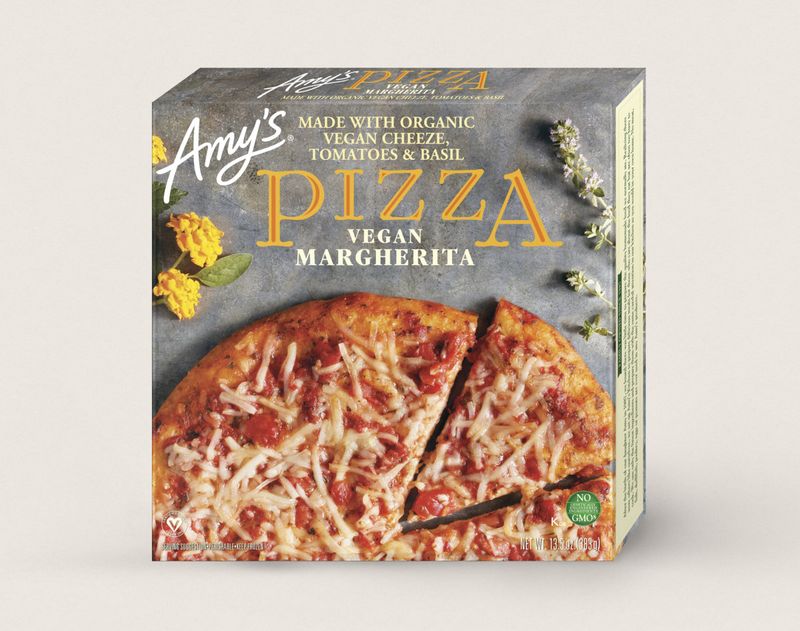
Amy’s Kitchen had to recall their Vegan Margherita Pizza due to undeclared milk. This was particularly alarming for vegans and those with lactose intolerance. The mislabeling was attributed to a packaging error, sparking debates about the accuracy of vegan labeling practices.
Whole Foods 365 Cheese Pizza – Incorrect Labeling
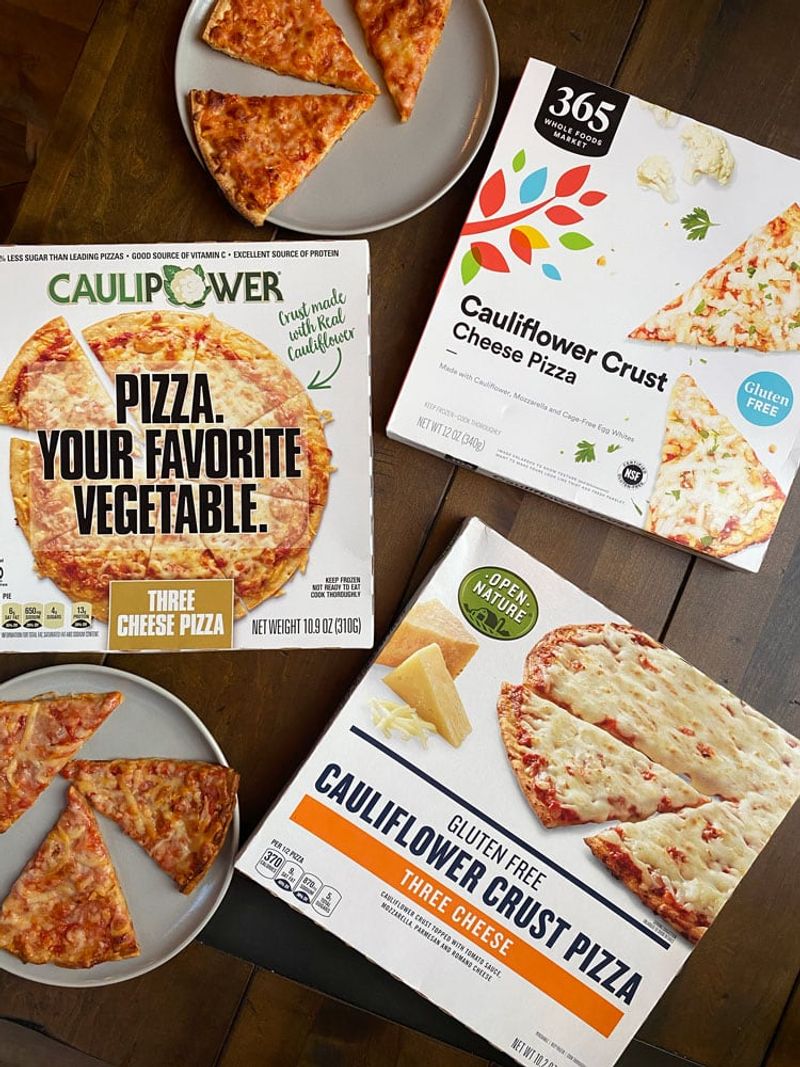
Incorrect labeling on Whole Foods 365 Cheese Pizza resulted in a recall. The labels failed to list key ingredients, causing potential allergen exposure. Whole Foods took immediate corrective measures to prevent such oversights in the future, ensuring better accuracy in their labeling system.
California Pizza Kitchen BBQ Chicken – Foreign Material

The discovery of foreign materials in California Pizza Kitchen BBQ Chicken Pizza prompted a recall. The unexpected inclusion of non-food items raised concerns about manufacturing practices. This incident served as a reminder of the complexities involved in mass production and the need for rigorous checks.
Great Value Pizza (Walmart) – Possible Listeria
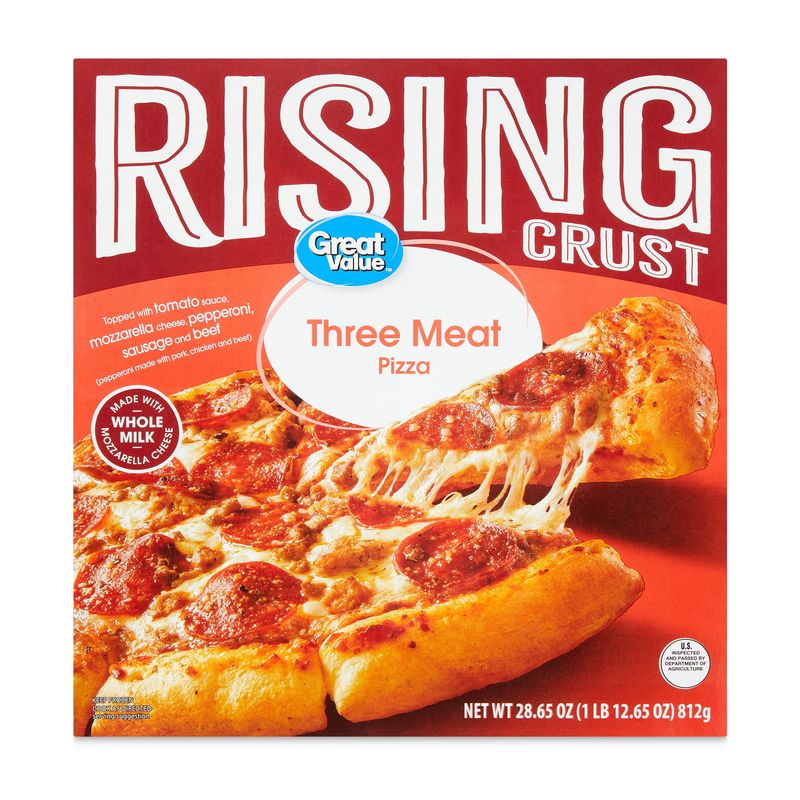
Great Value Pizza from Walmart was recalled over potential Listeria contamination. The bacteria posed a serious health risk, especially to vulnerable populations. This scare reinforced the need for stringent microbial testing in food production, ensuring consumer safety remains a top priority.
Red Baron Deep Dish Singles – Plastic in Packaging
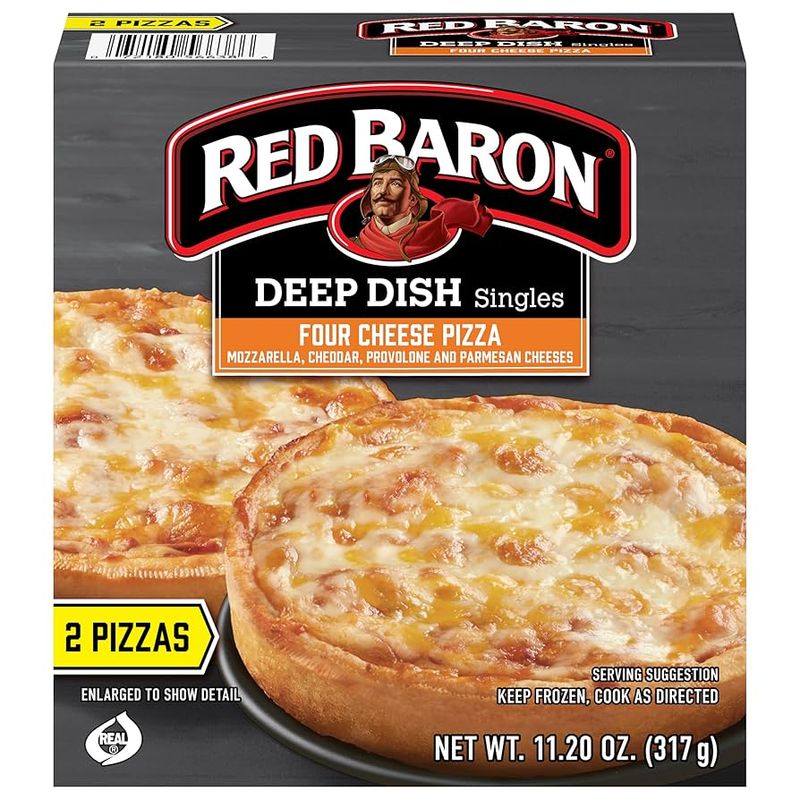
Plastic found within the packaging of Red Baron Deep Dish Singles led to a recall. This issue stemmed from a packaging defect that allowed fragments to mix with the product. Consumers were urged to return affected items for a refund, emphasizing the importance of packaging integrity.
ALDI Mama Cozzi’s Pizza Kitchen – Misbranding
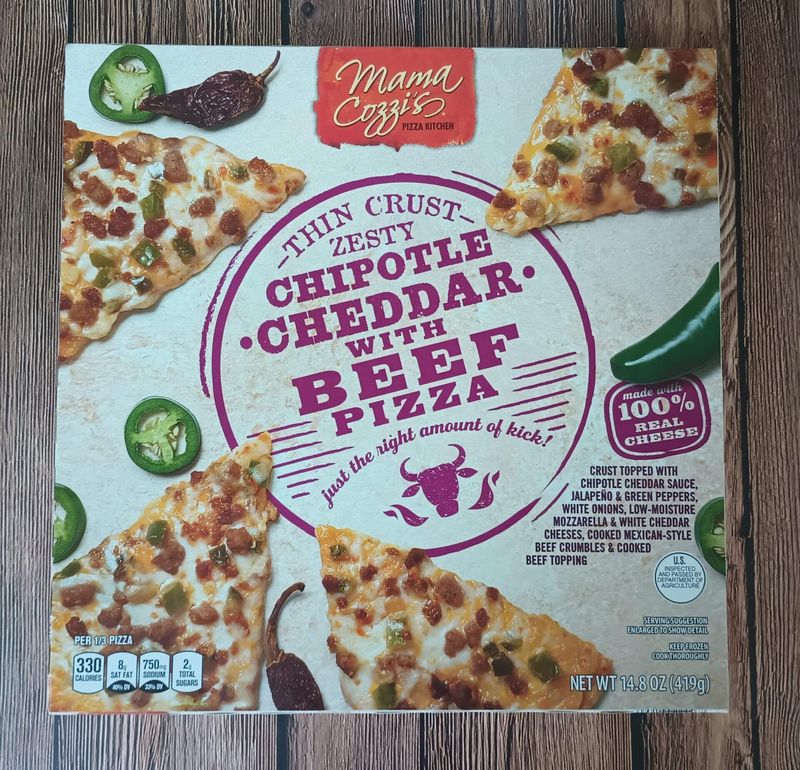
Misbranding issues with ALDI Mama Cozzi’s Pizza Kitchen led to a recall. The packaging displayed incorrect nutritional information, misleading consumers. ALDI worked quickly to address the error, ensuring transparency and accuracy in their product information.
Publix Store Brand Frozen Pizza – Missing Ingredient Declaration

Publix Store Brand Frozen Pizza was recalled due to missing ingredient declarations. This oversight posed a potential risk for allergic consumers. Publix took swift action to rectify the situation, implementing stricter controls on their labeling procedures.
Open Nature Gluten-Free Pizza – Contains Gluten
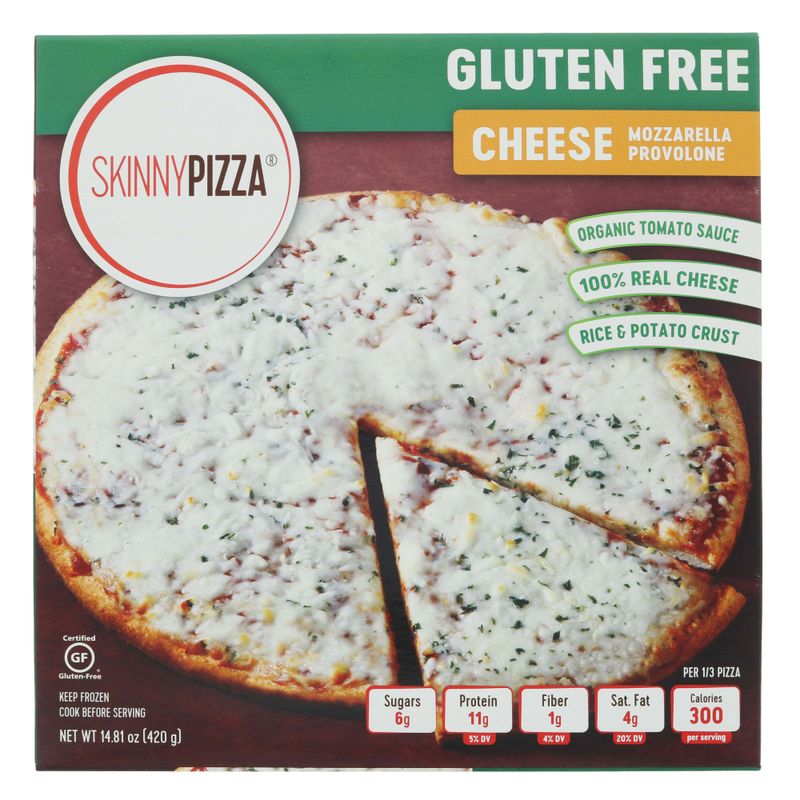
Open Nature Gluten-Free Pizza was recalled after gluten was detected in several batches. This posed a significant health risk for individuals with celiac disease. The recall highlighted the need for rigorous testing and verification in gluten-free products, ensuring consumer trust.
Simple Truth Organic Pizza – Contaminated Toppings
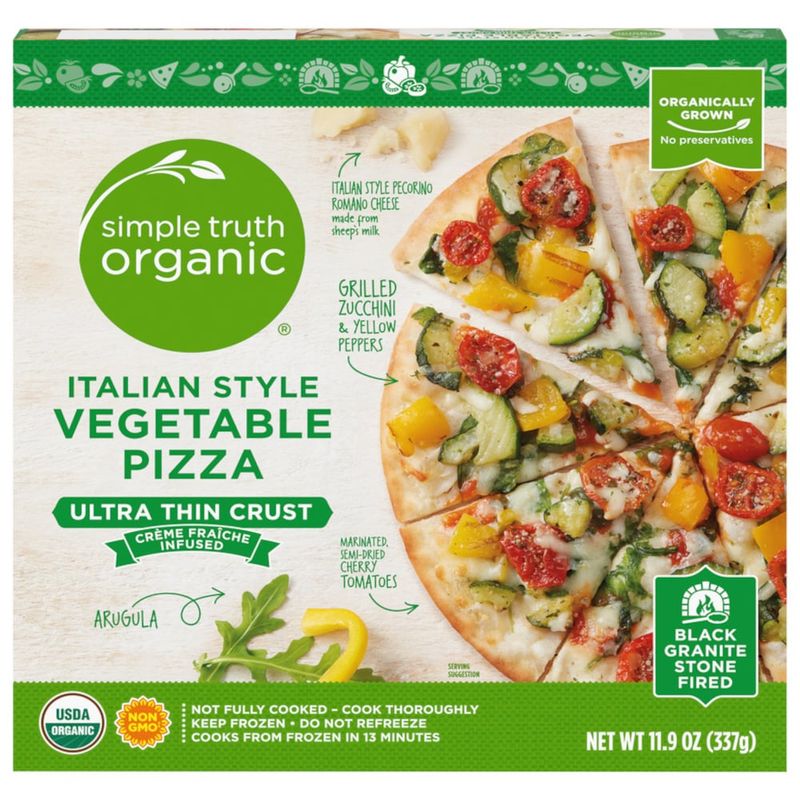
Contaminated toppings in Simple Truth Organic Pizza led to a recall. The issue was traced back to a supplier, prompting a review of sourcing protocols. Consumers were advised to discard affected pizzas, reinforcing the need for thorough ingredient inspections.
Newman’s Own Thin & Crispy – Incorrect Allergen Info
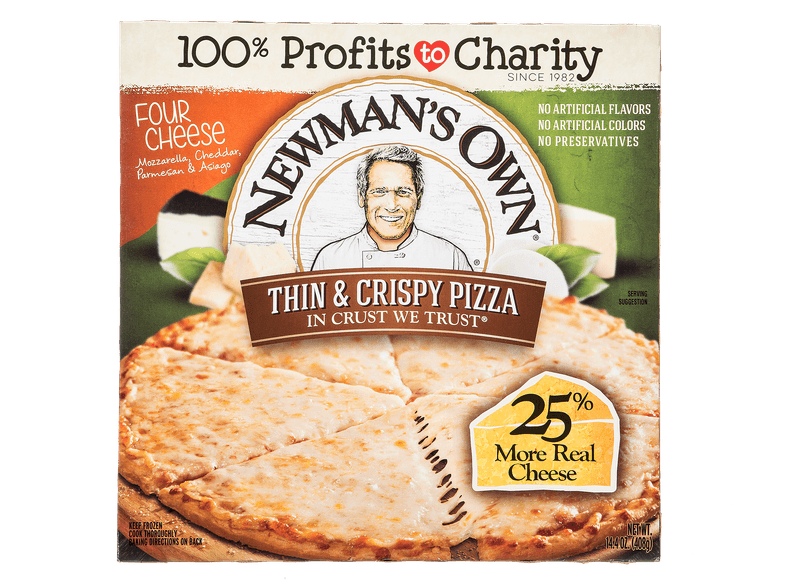
Newman’s Own Thin & Crispy Pizza was recalled due to incorrect allergen information on the packaging. This posed a threat to those with specific food allergies, urging immediate corrective actions. The incident stressed the importance of precise communication in food labeling.
Harris Teeter Brand Pizza – Possible Undercooked Crust
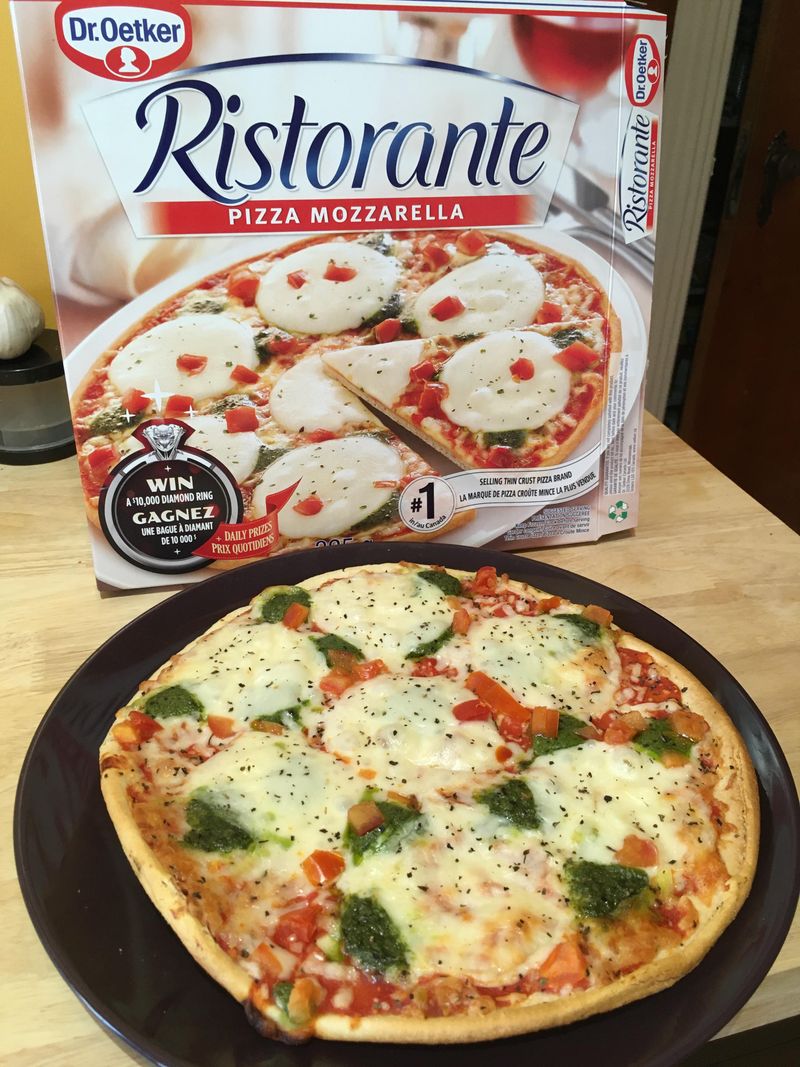
Harris Teeter Brand Pizza faced a recall over concerns about undercooked crusts. The issue raised questions about cooking instructions and consistency in preparation. Customers were advised to check their pizzas thoroughly before consumption, highlighting food safety awareness.
Signature Select Frozen Pizza (Safeway) – Glass Shards Risk

Signature Select Frozen Pizza from Safeway was recalled due to the risk of glass shards. The contamination was linked to a supplier’s packaging mishap. Safeway took immediate action to remove affected products from shelves, underscoring their commitment to customer safety.
Leave a comment